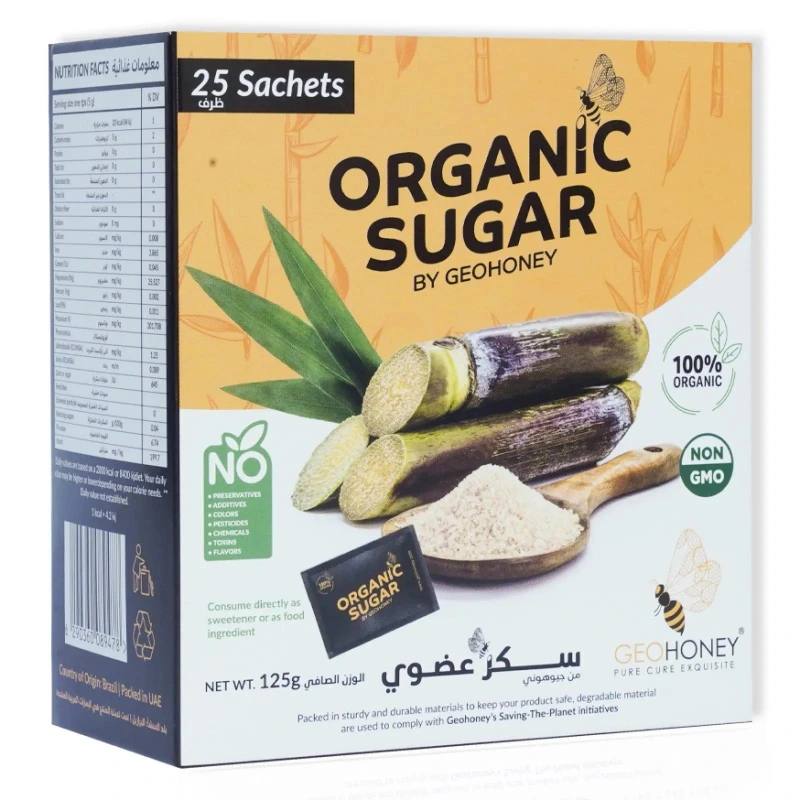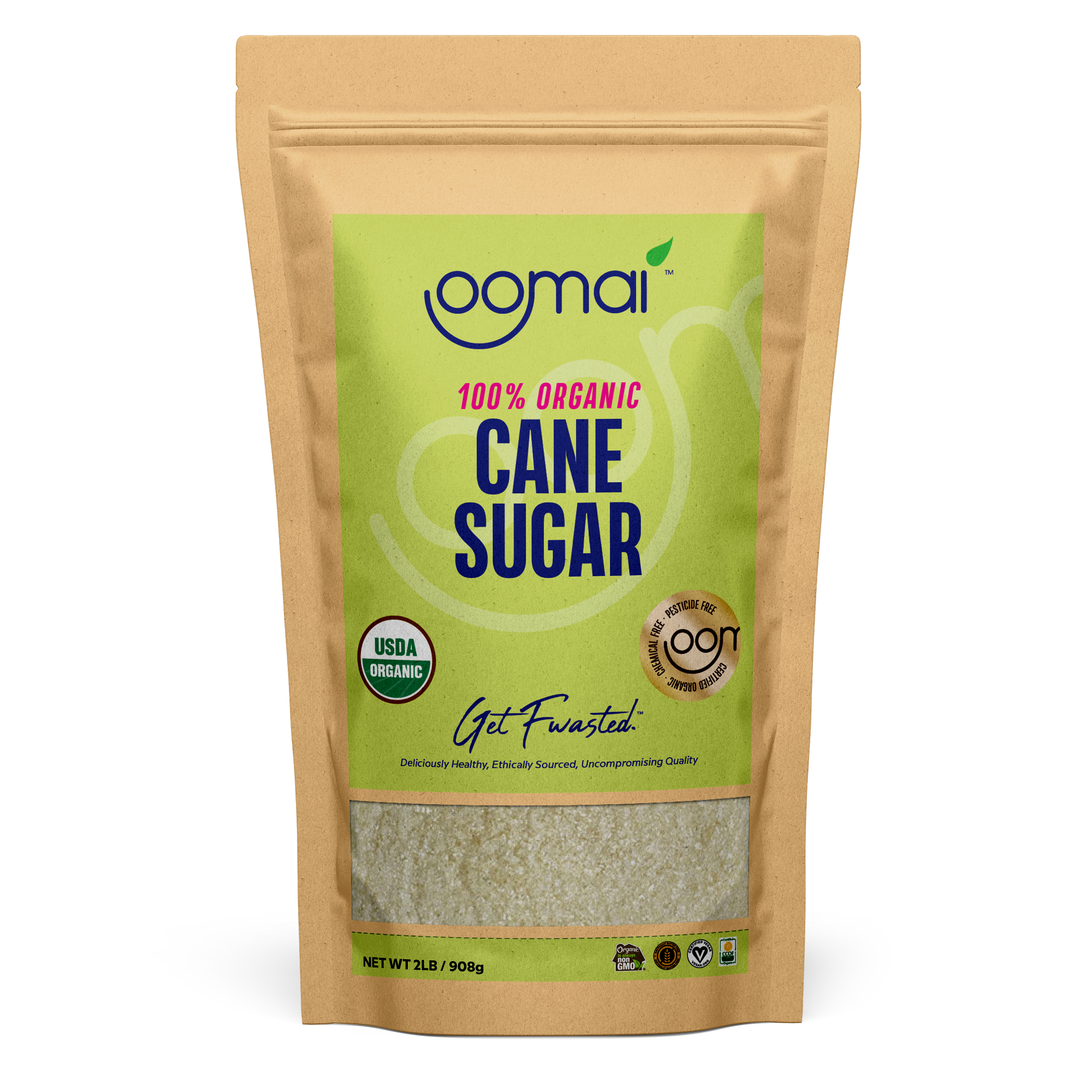The Diverse Uses Sugar Cane: From Food Products to Biofuels
Sugar Cane is a plant with varied applications that prolong far past basic sweeteners. Its products vary from granulated sugar and molasses to fermented alcohols and sustainable product packaging products. Furthermore, it plays a role in the manufacturing of eco-friendly biofuels. Comprehending these multifaceted usages exposes the economic and ecological relevance of sugar Cane cultivation. The effects of its growing practices elevate questions worth discovering even more.
The Duty of Sugar Cane in Sweetener Manufacturing
Sugar Cane is often connected largely with its wonderful taste, it plays an important function in the manufacturing of different sugar worldwide. The procedure begins with removing juice from sugar cane, which is after that made clear and evaporated to produce raw sugar. This raw sugar goes through more refinement to produce granulated sugar, extensively used in homes and sectors. In addition to typical granulated sugar, sugar Cane is also the source of molasses, a thick syrup that keeps lots of nutrients and is utilized in cooking and food preparation.
Sugar Cane serves as the foundation for creating alternate sweeteners like high-fructose corn syrup and specific synthetic sweeteners, which are progressively prominent in food and beverage manufacturing. The flexibility of sugar Cane in sweetener production not only pleases customer need for sweet taste yet likewise supports various food industries, highlighting its importance beyond plain taste.
Sugar Cane in Food Products Beyond Sweeteners
Sugar Cane supplies numerous dietary benefits that extend beyond its duty as a sugar. Its adaptability in culinary applications has brought about cutting-edge usages in a series of food, boosting structures and flavors. This exploration highlights the broader payments of sugar Cane to the food market.
Nutritional Perks of Sugar Walking Stick
The nutritional benefits of sugar Cane extend much beyond its well-known duty as a sugar. This versatile plant is abundant in crucial nutrients, including calcium, iron, magnesium, and potassium. Furthermore, sugar Cane contains anti-oxidants that help fight oxidative tension in the body. Its high fiber web content aids in food digestion and promotes intestine health, making it a beneficial addition to the diet regimen. Sugar Cane juice is commonly consumed for its hydrating residential properties and natural power increase, providing a source of fast carbs. The existence of phytonutrients includes in its health and wellness advantages, possibly supporting immune function. Generally, sugar Cane offers a series of nutritional benefits, adding to a health-conscious and balanced way of life.
Culinary Applications and Technologies
While typically identified largely for its sweet taste, sugar Cane has actually arised as an innovative ingredient in various culinary applications beyond traditional sweeteners. Chefs and food manufacturers are increasingly utilizing sugar Cane juice and syrup to enhance flavor profiles in savory dishes, sauces, and sauces. Its all-natural sweet taste equilibriums flavors and level of acidity, making it a flexible element in worldwide cuisines. Additionally, sugar Cane fibers are finding their means right into gluten-free flours, giving appearance and nutritional benefits. Innovative treats, such as sugar Cane sorbets and sweets, display its distinct flavor, while drinks like sugar Cane alcoholic drinks and teas highlight its stimulating top qualities. These culinary improvements show sugar walking stick's capacity to change contemporary gastronomy.
The Production of Alcohols From Sugar Walking Cane
Transforming sugar Cane into liquors showcases the adaptability of this tropical plant. The fermentation of sugar Cane juice or molasses leads to a range of preferred beverages, including cachaça, aguardiente, and rum. These beverages are deeply rooted in the societies of sugar-producing regions, specifically in the Caribbean and South America.
The production procedure starts with the extraction of juice from fresh harvested sugar walking cane, which is then fermented utilizing yeast. This fermentation converts the sugars into alcohol, generating a base that can be distilled for higher alcohol web content. Distillation methods differ, influencing the taste accounts and qualities of the end product.
Furthermore, maturing in barrels can enhance the intricacy and deepness of flavors in spirits like rum. Generally, the makeover of sugar Cane into alcoholic drinks not just highlights its agricultural significance yet also contributes significantly to the international drink industry, using rich and diverse experiences for consumers.
Sugar Cane and Its Usage in Biodegradable Product Packaging
Sugar cane's flexibility prolongs past drink production to innovative applications in naturally degradable product packaging. This eco-friendly source is increasingly being utilized to create environment-friendly product packaging remedies that reduce reliance on petroleum-based plastics. Stemmed from the fibrous residue of sugar walking stick, understood as bagasse, makers can generate eco-friendly products that decay faster than conventional plastics.
These sugar cane-based packaging products provide a sustainable option for different industries, including food and consumer items. They not just decrease ecological effect however also align with the expanding customer need for sustainable practices. Additionally, sugar Cane product packaging can be engineered to keep longevity while being light-weight, making sure that it satisfies the useful needs of businesses.
As ecological worries intensify, the shift in the direction of naturally degradable materials, such as those originated from sugar walking cane, provides a promising course toward lasting packaging solutions that add to a circular economy.
Discovering Sugar Cane as a Sustainable Biofuel
As the globe seeks renewable power sources, sugar Cane arises as a promising prospect for sustainable biofuel manufacturing. This flexible plant can be exchanged ethanol, a cleaner-burning option to fossil fuels - What Is Sugar Cane Used For. The fermentation procedure makes use of the sugars drawn out from the cane, leading to a renewable power resource that considerably Continue reduces greenhouse gas discharges contrasted to conventional gas
Sugar walking stick's high power yield per hectare additional boosts its feasibility as a biofuel. It can be cultivated in different environments, making it accessible for lots of areas, especially in subtropical and exotic areas. Furthermore, the by-products of sugar Cane handling can be utilized in producing power, adding one more layer of sustainability to its usage. The fostering of sugar cane-based biofuels not just promotes energy self-reliance however additionally sustains agricultural economies. As a result, sugar Cane attracts attention as a lasting solution in the global shift towards renewable resource.
Nutritional Advantages of Sugar Cane and Its Byproducts
The capacity of sugar Cane prolongs beyond its role in sustainable biofuel production; it also offers significant nutritional benefits. Rich in important nutrients, sugar Cane offers important minerals such as magnesium, potassium, and calcium, which add to general health and wellness. Additionally, its juice is an all-natural resource of antioxidants, aiding to fight oxidative tension in the body.
Sugar Cane byproducts, such as molasses, further boost its dietary profile. Molasses is high in iron, making it a valuable enhancement for those looking for to improve their iron consumption. Both sugar Cane and its results consist of dietary fiber, which assists food digestion and promotes a healthy and balanced gut.

The Ecological Influence of Sugar Cane Farming

On the other hand, the farming process can result in different ecological obstacles. Deforestation typically strikes make means for sugar Cane fields, which disrupts environments and biodiversity. In addition, the hefty usage of plant foods and chemicals can result in soil degradation and water contamination, impacting regional wildlife and neighborhoods. Additionally, the extensive watering needed in some areas can diminish water resources, causing shortage.
Frequently Asked Questions
Just How Does Sugar Cane Affect Dirt Health And Wellness During Cultivation?
The cultivation of sugar Cane greatly influences dirt health and wellness. It can improve soil framework and fertility with organic matter enhancement, however excessive use plant foods may lead to nutrient deficiency and soil destruction gradually.
What Are the Economic Conveniences of Sugar Cane Farming?
The economic advantages of sugar Cane farming consist of job creation, boosted neighborhood income, and payments to nationwide GDP. Additionally, sugar walking stick's convenience permits diverse market chances, boosting farmers' financial stability and promoting agricultural growth.
Can Sugar Cane Be Expanded in Non-Tropical Areas?
Sugar Cane can be cultivated in non-tropical regions, offered the climate is frost-free and properly warm. What Is Sugar Cane Used try these out For. Adjustment strategies, such as employing and selecting suitable varieties irrigation, can enhance its growth potential in these areas
What Insects and Diseases Affect Sugar Cane Crops?
Insects such as sugarcane borers and aphids, along with diseases like red rot and rust, greatly impact sugar Cane plants. These hazards can lower return and top quality, requiring efficient administration techniques for farmers.
How Is Sugar Cane Harvested and Processed?
Sugar Cane is generally harvested by Continue reducing the stalks short. After gathering, the Cane is carried to processing centers where it is squashed to extract juice, which is after that fine-tuned into various items.
Sugar Cane is a crop with diverse applications that expand far beyond straightforward sweeteners. The process starts with drawing out juice from sugar cane, which is after that cleared up and evaporated to generate raw sugar. Ingenious desserts, such as sugar Cane sorbets and sweets, showcase its one-of-a-kind flavor, while beverages like sugar Cane alcoholic drinks and teas highlight its invigorating top qualities. The existence of vitamins, particularly B vitamins, in sugar Cane sustains energy metabolic rate and overall health (What Is Sugar Cane Used For). On one hand, sugar Cane is a sustainable source that can contribute to lasting agriculture and give biofuels, decreasing dependence on fossil fuels